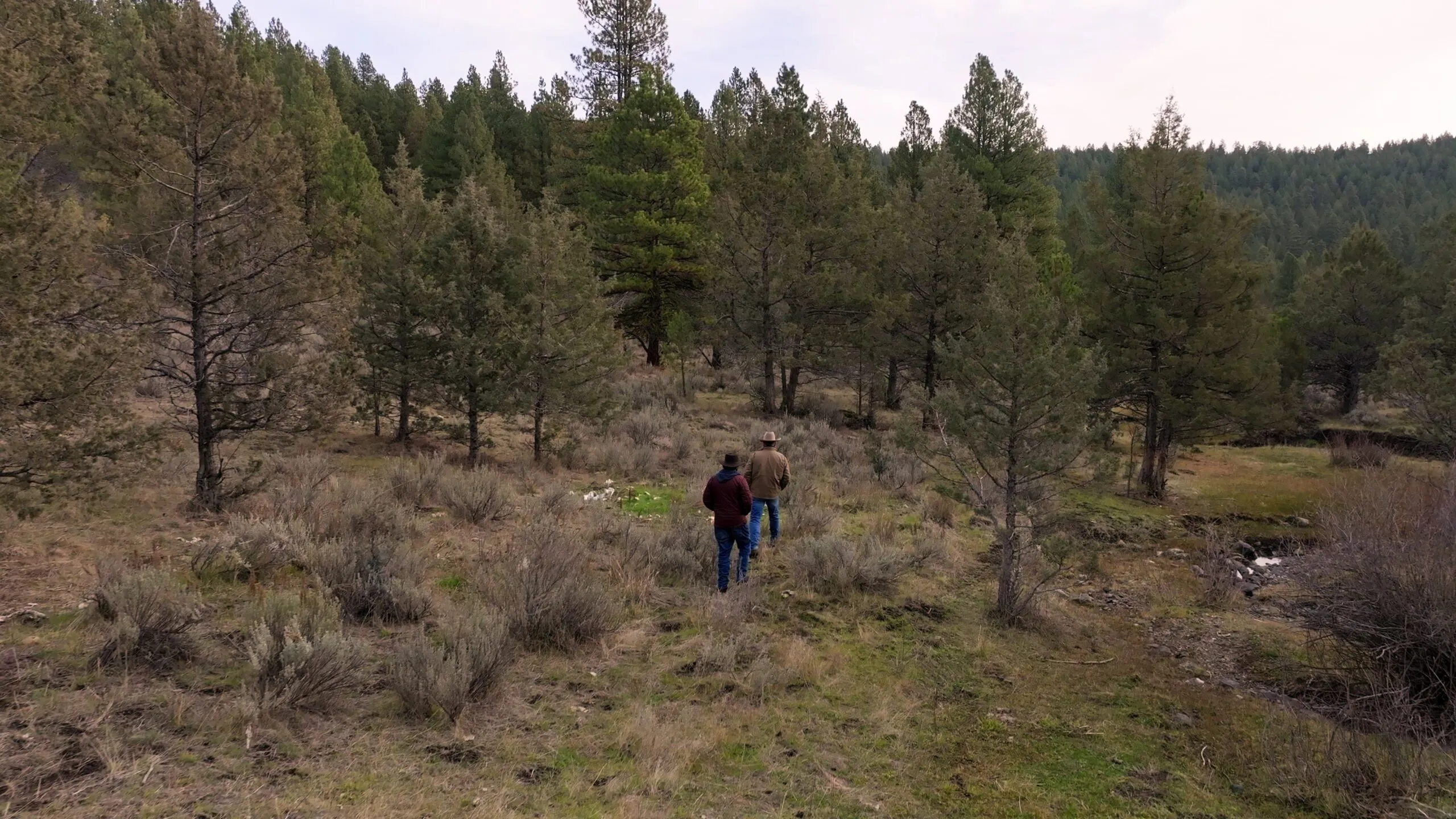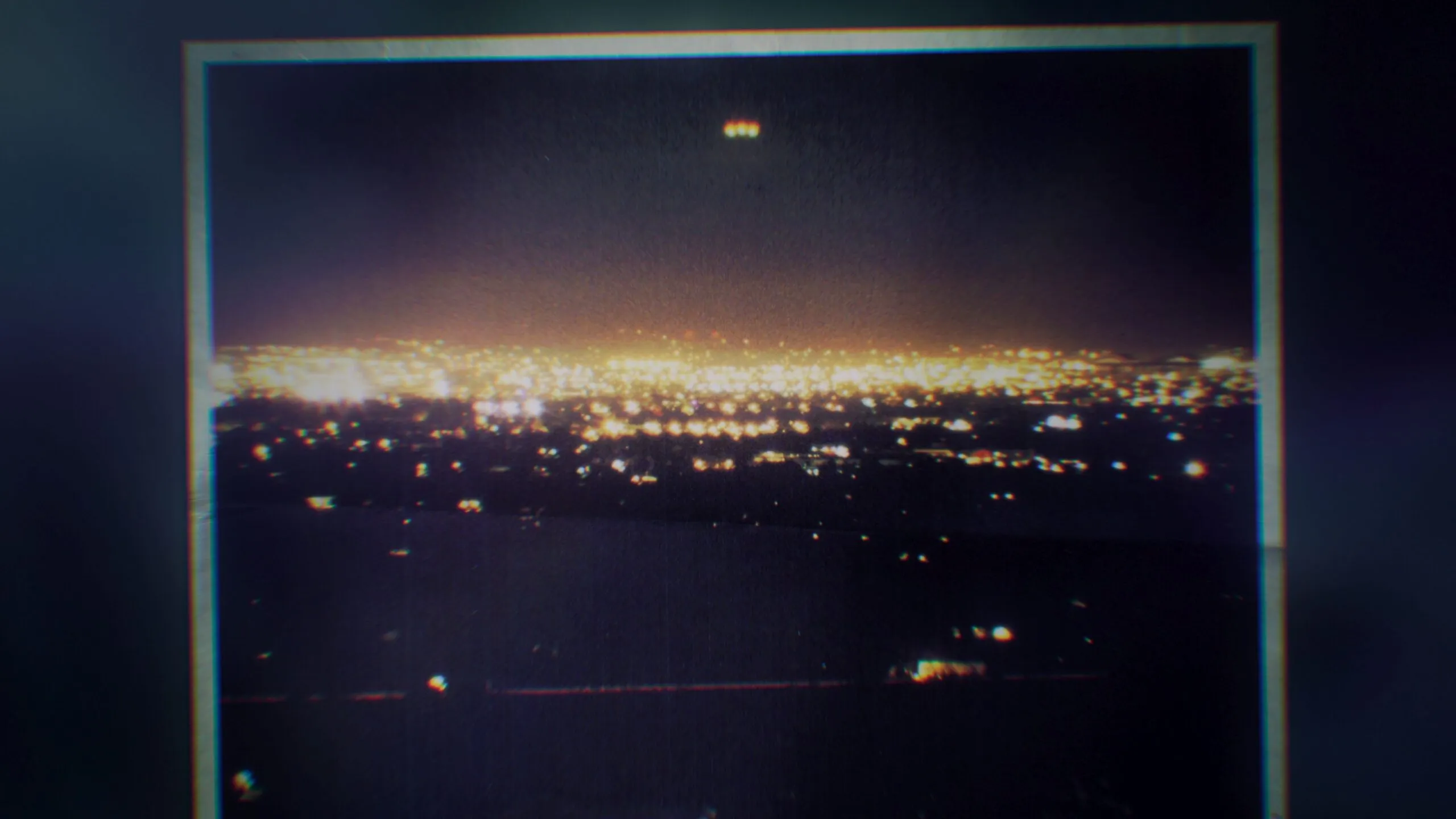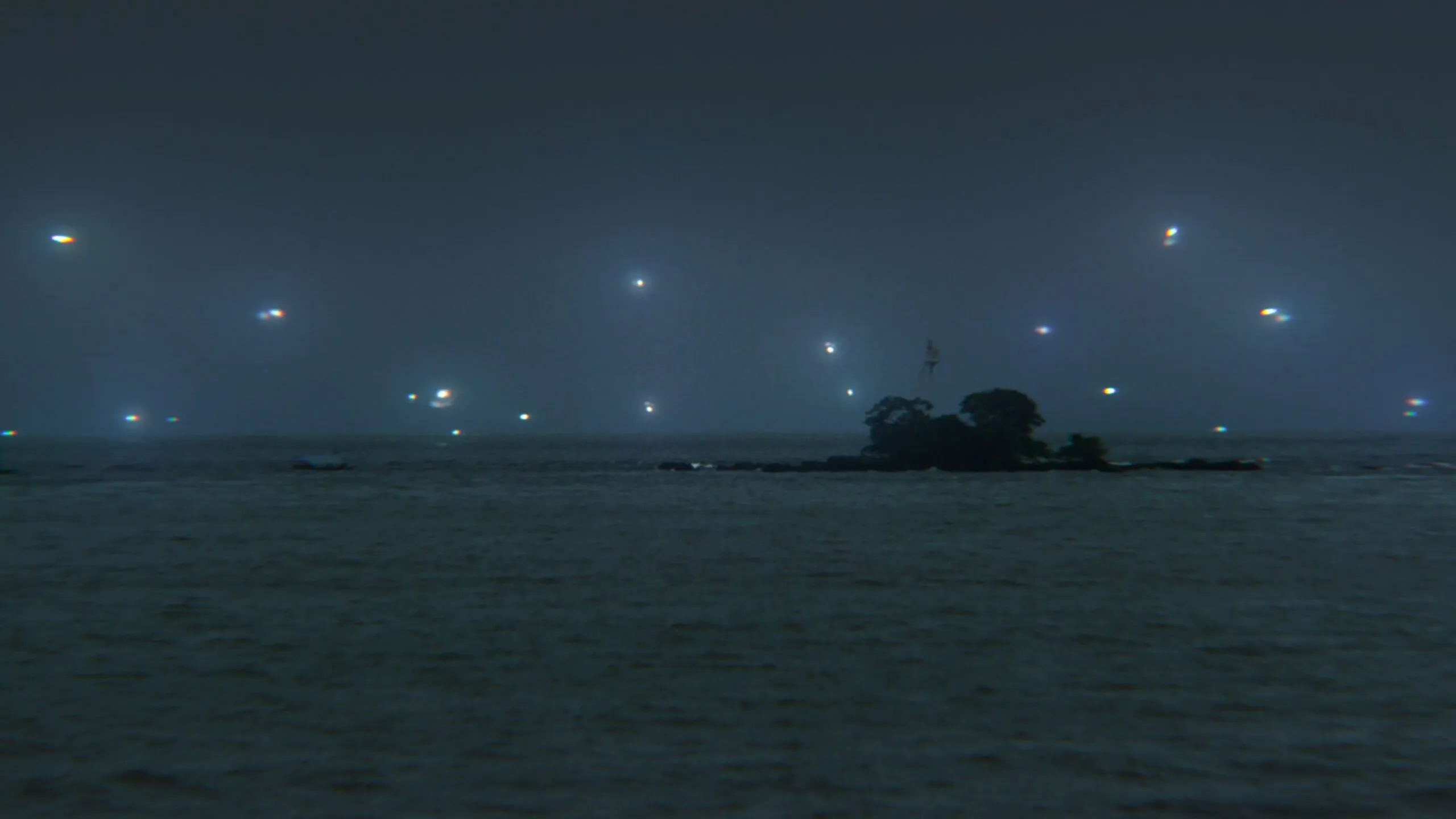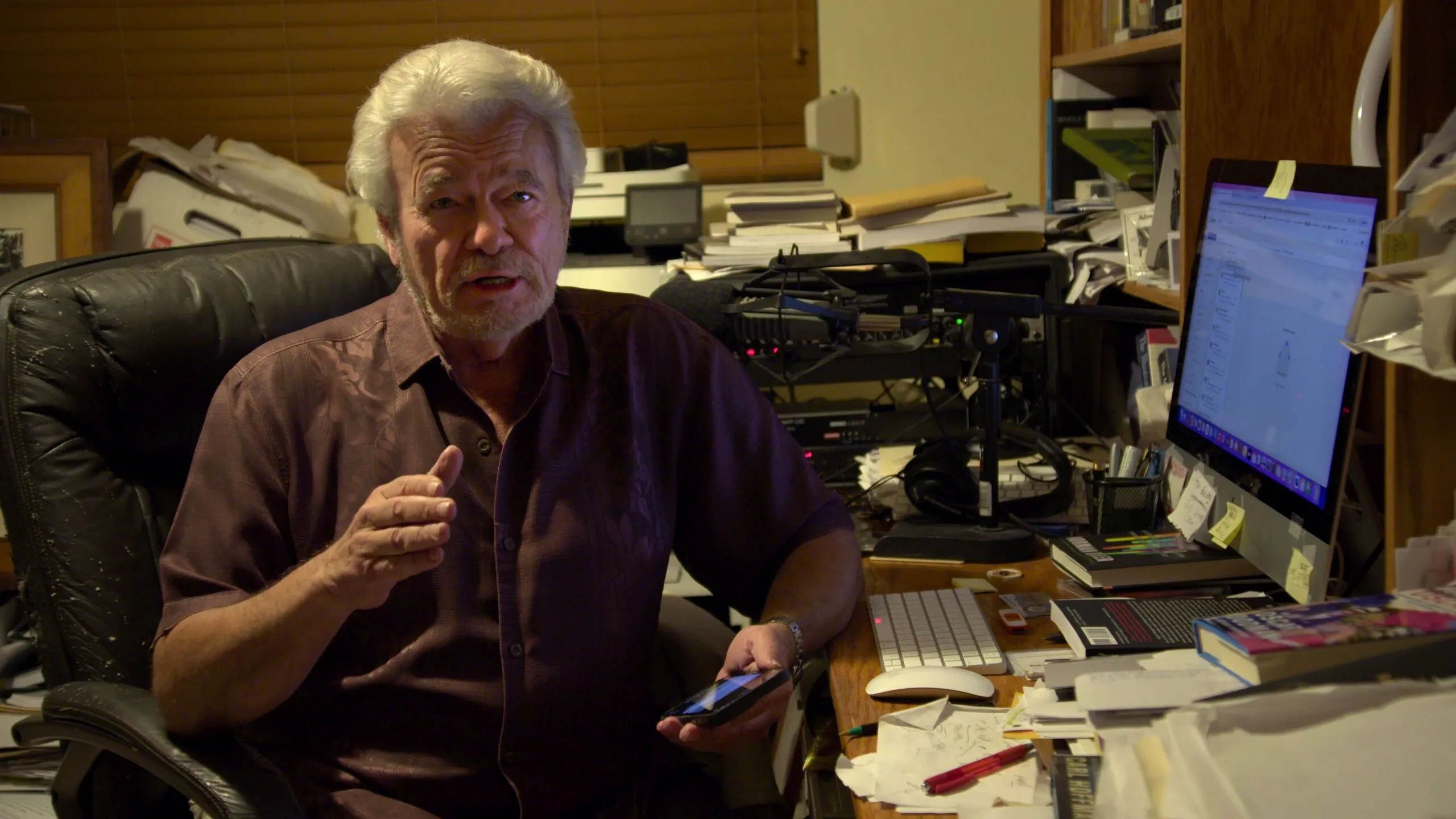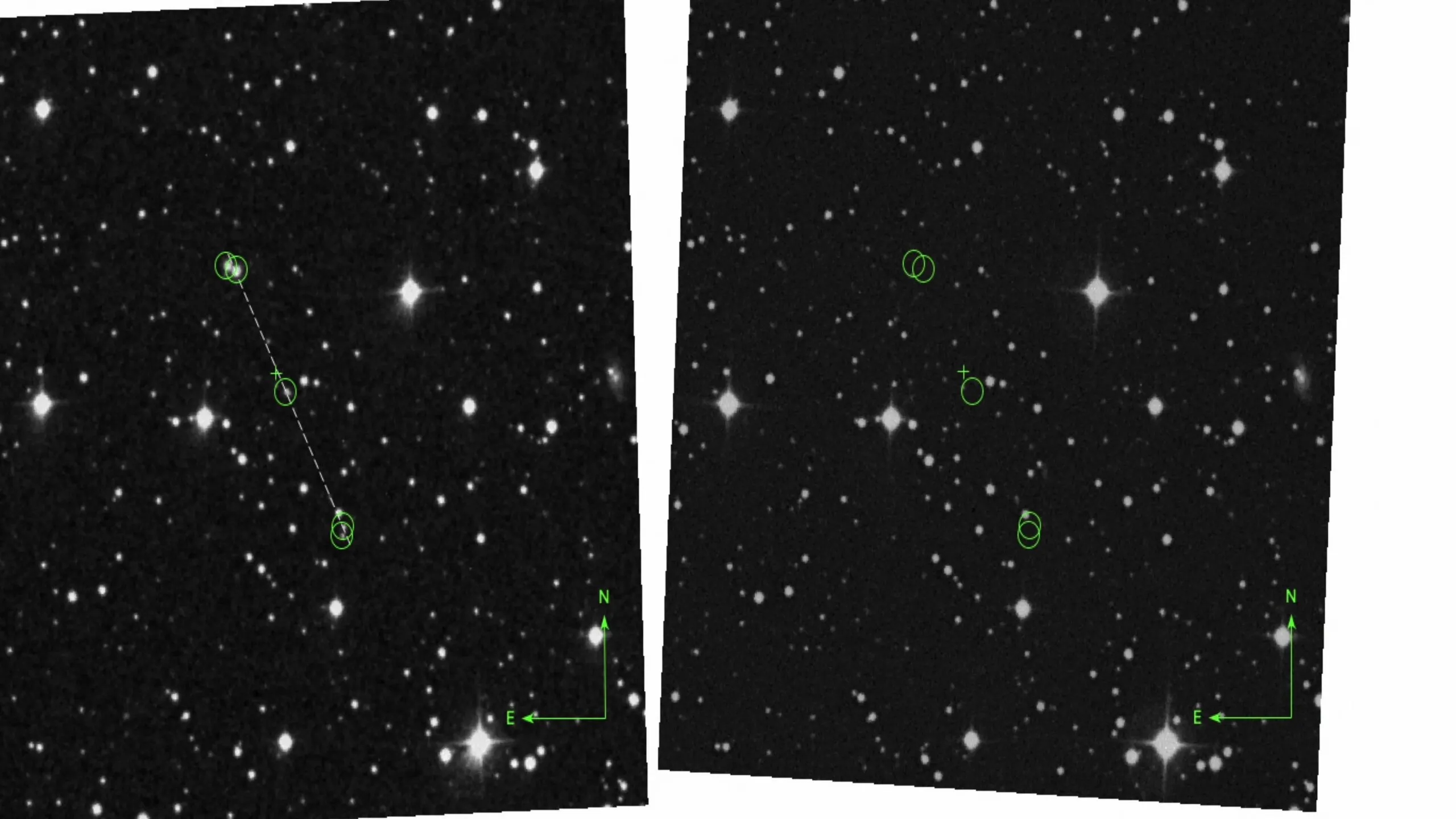For over four decades, George Knapp, a veteran investigative journalist, leads a complex investigation into extraterrestrial phenomena in the docuseries Investigation Alien. His method combines skepticism and curiosity, drawing viewers into a world where each episode raises more questions than answers.
The importance of Investigation Alien lies in its relevance to current cultural discussions, especially in light of recent government disclosures that have elevated UFO discussions from fringe narrative to serious public debate. This series taps into societal concerns about secrecy and the unknown, offering a new angle on our place in the cosmos.
The series uses moody cinematography that helps tell the story, a lot like how a well-composed jazz song does. Each shot captures the vastness of the desert and the personal accounts of eyewitnesses, creating a rich audiovisual experience that enhances the narrative. By challenging us to engage with the mysteries it presents, Investigation Alien becomes a cultural artifact in this way.
George Knapp: The Investigative Journalist
To many people, George Knapp is an intimidating figure in investigative news, especially in the under-covered field of UFO studies. Knapp has won many awards throughout his 40-year career, including Emmy and Peabody Awards, as a reliable expert on extraterrestrial phenomena.
After a fateful talk with aviation expert John Lear in 1987, he became deeply interested in UFOs. Lear said he knew about secret alien technology. This important event not only changed Knapp’s career but also put him at the center of a cultural debate that is still ongoing today.
Knapp’s method of investigation is pleasantly nuanced, striking a balance between skepticism and curiosity. He interviews many witnesses, from ranchers to military personnel, and lets their stories methodically shape the narrative. This method mirrors the philosophy of independent film, where honesty and personal experience are often the most important things. Knapp’s willingness to consider different points of view challenges viewers to consider the facts without rushing to a conclusion.
The narrative innovations found in the works of filmmakers like Noah Baumbach, who also emphasize character-driven storytelling, are echoed in this thoughtful, nuanced exploration of the unknown. Knapp seeks the truth about these mysterious encounters by discussing them. This conversation also shows how people today feel about secrecy and the unexplained.
Exploring Cattle Mutilations
The strange happening of cutting up cattle becomes a scary central theme in Investigation Alien, representing the unsettling intersection of the every day and the supernatural. These incidents, which go back to the 1970s, are characterized by animals being discovered with exact surgical cuts, their blood drained, and sometimes in positions that don’t make sense.
Eyewitness accounts paint a haunting picture of fear and confusion from ranchers who have encountered these strange scenes and law enforcement officials. This is a great example of how good George Knapp is at investigating. He carefully gathers stories that give credibility to things that might otherwise be written off as myths.
The exploration of these mutilations brings up profound issues about the nature of truth in our society. Knapp examines possible explanations, weighing the less likely notion of extraterrestrial involvement against more plausible explanations like predatory animals or ritualistic human action.
This uncertainty taps into societal worries about the unknown and power, common themes in modern movies. Investigation Alien asks viewers to reevaluate their understanding of reality, much like the films of the French New Wave that questioned established storylines and social norms.
Beyond the horror of the incidents themselves, there are broader implications. These events have a profound psychological effect on the ranching community, upsetting the rhythm of daily life and creating a sense of vulnerability and anxiety.
As viewers, we are left to think: what does it mean to live in a world where the strange meets the everyday? This question speaks to the current cultural environment, reflecting a generational shift toward dealing with uncertainty in a world that is getting more complicated. Knapp’s investigation not only throws light on these strange events but also acts as a mirror, reflecting our shared fascinations and fear of the unknown.
Historical Context: Brazil and Operation Prato
The Colares, Brazil, events of the late 1970s are a haunting section of Investigation Alien that highlights the intersection of military activity and extraterrestrial lore. The series clearly describes how the small fishing community was plagued by strange light phenomena and sightings of unidentified flying objects, which caused a lot of people to become scared.
Locals’ eyewitness accounts of strange occurrences include reports of strange injuries and unexplained phenomena that instilled fear in the general public. This led to Operation Prato, a secret investigation by the Brazilian military into what was going on. It ran for several months but didn’t find any clear answers.
This narrative’s historical importance and ongoing relevance make it so compelling. Knapp skillfully incorporates recent reports of UFO sightings in Brazil, suggesting that the nation continues to be a hub for unexplained aerial phenomena. The current cultural climate, in which discussions about extraterrestrial life have moved beyond fringe theories to become a mainstream topic of inquiry, is consistent with this connection to global UFO phenomena.
With cinematic methods that evoke the sense of dread and mystery felt by residents at the time, the series visually captures the atmospheric tension of Colares. Dark visuals and creepy sound design mirror the tension in classic thrillers, evoking the suspenseful storytelling styles used by directors like Alfred Hitchcock and others. As Investigation Alien progresses, it forces viewers to think about the implications of such phenomena in Brazil and worldwide, showing our shared curiosity and fear of the unknown. This exploration of historical events through a modern lens is a powerful reminder of how deeply intertwined our fascinations and fears with the cosmos have become in a time of uncertainty.
USOs and the Oceanic Connection
Unidentified Submerged Objects (USOs) exploration in Investigation Alien adds an interesting new dimension to the discussion of extraterrestrial phenomena. A compelling aspect of the UFO narrative is reports of USO sightings, which are unidentified objects that enter and leave the ocean.
Sailors and fishers there say they saw strange lights and shapes below the surface, making people both curious and worried. These incidents make us think again about our understanding of extraterrestrial activity, suggesting that these beings may travel through the sky and explore the depths of our oceans.
George Knapp and his team thoroughly examine the implications of USOs on our understanding of extraterrestrial behavior in these reports. Their methodical approach, including first-hand accounts and expert commentary, mirrors the investigative rigor present in traditional documentary film production. The series shows how big the ocean is by using photography that makes you feel the same sense of wonder and awe that you see in films like Jaws and The Abyss, where the unknown is big.
What’s most striking is how the series plays with the narrative structure of conventional UFO cases, extending the focus to include water as a possible hiding place for alien life. This creative way of framing forces the audience to entertain the notion that the mysteries of the universe go deeper than we think, reflecting broader cultural fears of the unknown. Knapp seeks answers and taps into a generational shift by encouraging us to accept the complexities of our world and the cosmos beyond as he navigates these underwater meetings.
Government Responses and Cover-ups
Investigation Alien uncovers a decades-long web of secrecy and denial when it examines government actions surrounding UFO phenomena. The series shows how the government’s reactions have been hidden for a long time, from the notorious Project Blue Book to the more recent reports of military encounters.
This narrative setting is important because it represents a larger cultural trend of skepticism toward authority, especially now that UFOs are in the spotlight and challenging long-held beliefs about the “truth.”
This government secrecy has a profound effect on how people think about things. Witnesses who have come forward often have to deal with a narrative that seeks to ignore their experiences in addition to disbelief. Knapp skillfully shows how this denial affects societal belief, creating a chasm between those who have encountered the unexplained and the organizations intended to protect and inform them. This dynamic strikes a chord with modern audiences because it echoes the distrust in many parts of society today.
The series uses a documentary style reminiscent of the investigative rigor of filmmakers like Errol Morris to create a compelling narrative. The result is an interesting exploration of how public belief is formed amid government cover-ups, making viewers think about the nature of truth in a world fraught with uncertainty.
Theoretical Explorations and Cultural Impact
Investigation Alien presents various theories that question our understanding of reality and time, which delves into speculative ground. The notion of time-traveling humans interacting with extraterrestrial creatures is one of the most fascinating ideas. While fantastical, this idea taps into a rich vein of science fiction and philosophical study, challenging our understanding of time and existence. The series encourages viewers to think about these theories for fun and to learn more about the truth about our place in the world.
Speculative ideas in the series get mixed reactions that range from skepticism to open-mindedness. Knapp encourages a thoughtful conversation, allowing the audience to critically engage with these ideas. The audience increasingly seeks narratives that question the status quo and embrace complexity, so this strategy fits with current cultural trends.
Investigation Alien exemplifies a generational change toward challenging accepted norms, much like the works of directors like Greta Gerwig and Noah Baumbach, who skillfully navigate the complexities of modern life.
These discussions have profound societal implications. The series acts as a cultural artifact that mirrors our shared fears and fascinations by adding to the ongoing conversation about extraterrestrial life. The UFO phenomenon, which used to be at the edges of people’s minds, is now at the center of people’s minds.
It makes people think about technology, the unknown, and our natural desire for connection with others beyond the stars. The series highlights these themes with striking images and sound design, creating an immersive experience that sticks with you long after the credits roll.
The Review
Investigation Alien
Offering a compelling look at the complexities of UFO phenomena, Investigation Alien expertly combines research rigor with speculative exploration. George Knapp's method balances skepticism and curiosity, encouraging viewers to engage with historical context and modern curiosity. A thought-provoking cultural artifact that speaks to our current fears and fascinations, the series deftly plays with narrative structure and visual storytelling. This series challenges everyone's preconceived notions about our place in the cosmos, whether they are believers or not.
PROS
- Engaging narrative that balances skepticism and curiosity.
- Strong visual and auditory elements enhance the storytelling.
- Thought-provoking exploration of contemporary UFO phenomena.
- Features a variety of speculative theories, including time travel.
- Comprehensive historical context adds depth to the investigation.
CONS
- Some speculative theories may seem far-fetched to skeptical viewers.
- Occasional pacing issues in certain episodes.
- Limited focus on scientific explanations for UFO sightings.







































